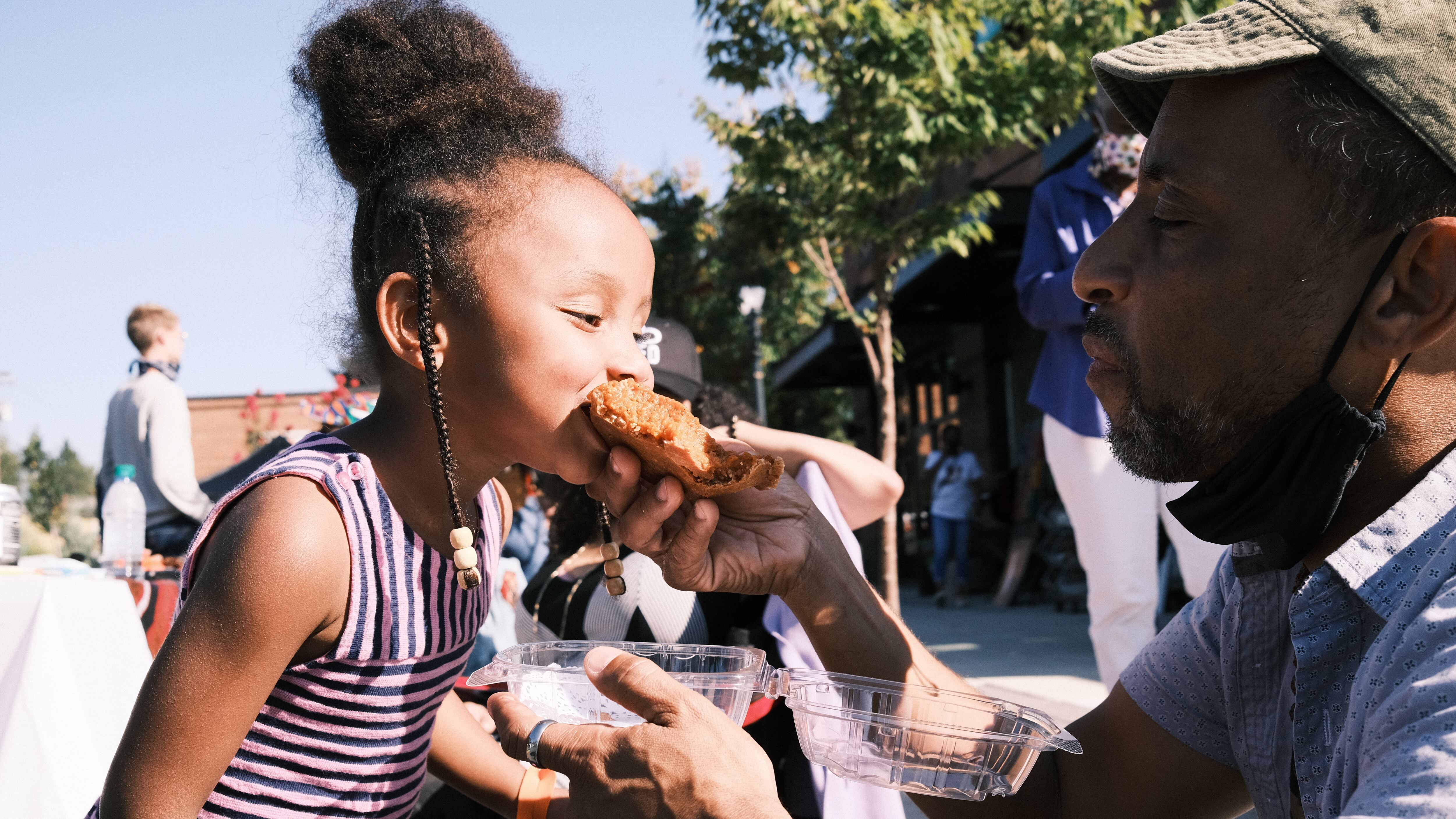Representation among health care providers can mean the difference between life and death. For people of color, who become infected and die from the COVID-19 virus at a significantly higher rate than white people, having a trusted health care provider is crucial.
Not only do white Oregonians dominate the health care workforce, a 2017 Oregon Health Authority report shows they are greatly overrepresented in nearly all but four out of 32 health care fields from chiropractic to dietetics.
The exact opposite can be said for Black, Hispanic and Latino providers: They are all underrepresented.
Hispanic and Latinos are only equally represented in two out of 32 health care professions in the state. Black health care professionals make up less than 1% of those in the chiropractic field, dentistry, naturopathy, dietetics, physical therapy, and speech language pathology and audiology, although they make up 1.8% of Oregon's population.
Increased diversity is important in a similar way it is for mental health care providers—having such a cultural similarity, shared life experiences and connection can build or derail trust. Without these, patients of color are more likely to withhold information and potentially be misdiagnosed.
Dr. Jill Ginsberg is the co-founder of North by Northeast Community Health Center, a medical clinic dedicated to Black health. She says the scarcity of Black health care providers in Portland is troubling and consequential.
"It's important to be able to relate to health care professionals," Ginsberg says. "It helps to build trust. If we don't trust our health care professionals, it's very hard for people to get good information and potentially improve their health."
She says the shortage of Black physicians in Portland is so pronounced, her clinic doesn't even have one on staff, so it is currently searching outside of Portland.
"Portland has an ugly history of racism, and it's not been a friendly place for a lot of black professionals and people of color in general," Ginsberg says. "As a physician, you have a choice to practice in Atlanta or Chicago or Washington, D.C., versus Portland. [Portland] is not particularly welcoming to black professionals."
This reporting has been funded in part by a grant from the Jackson Foundation. See more Black and White in Oregon stories here.

